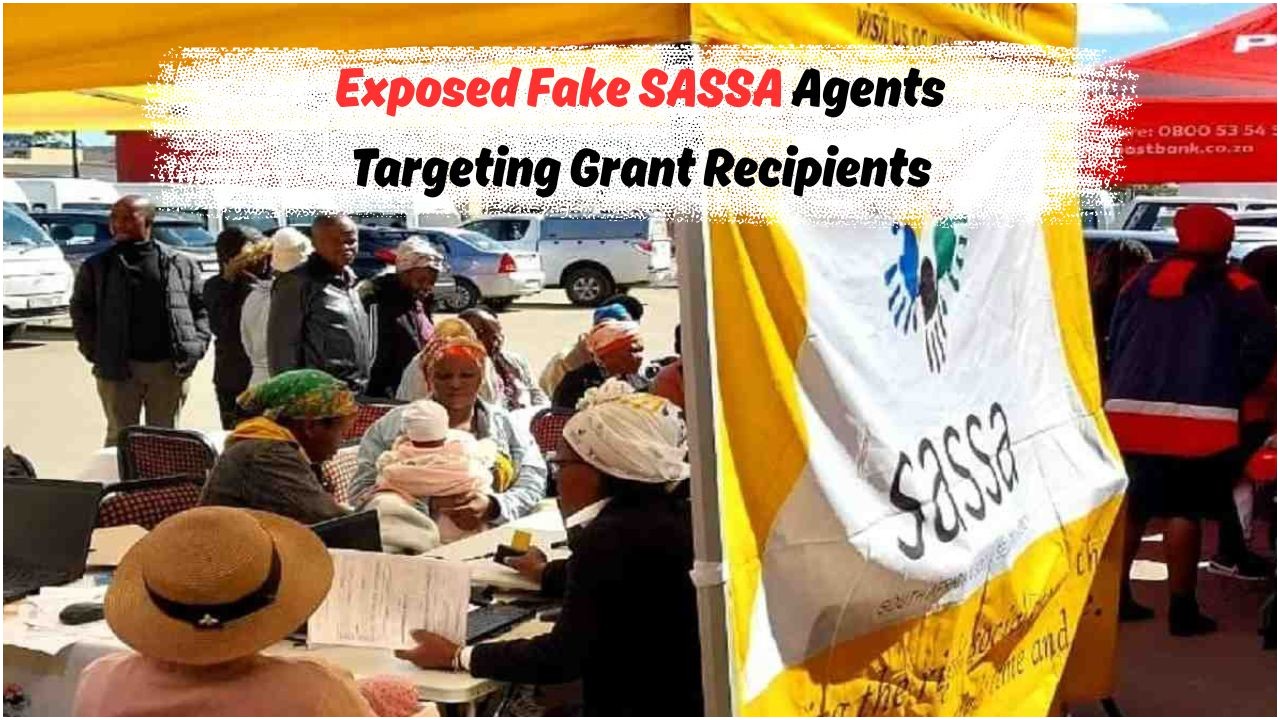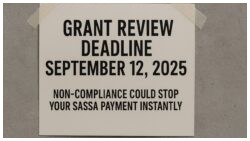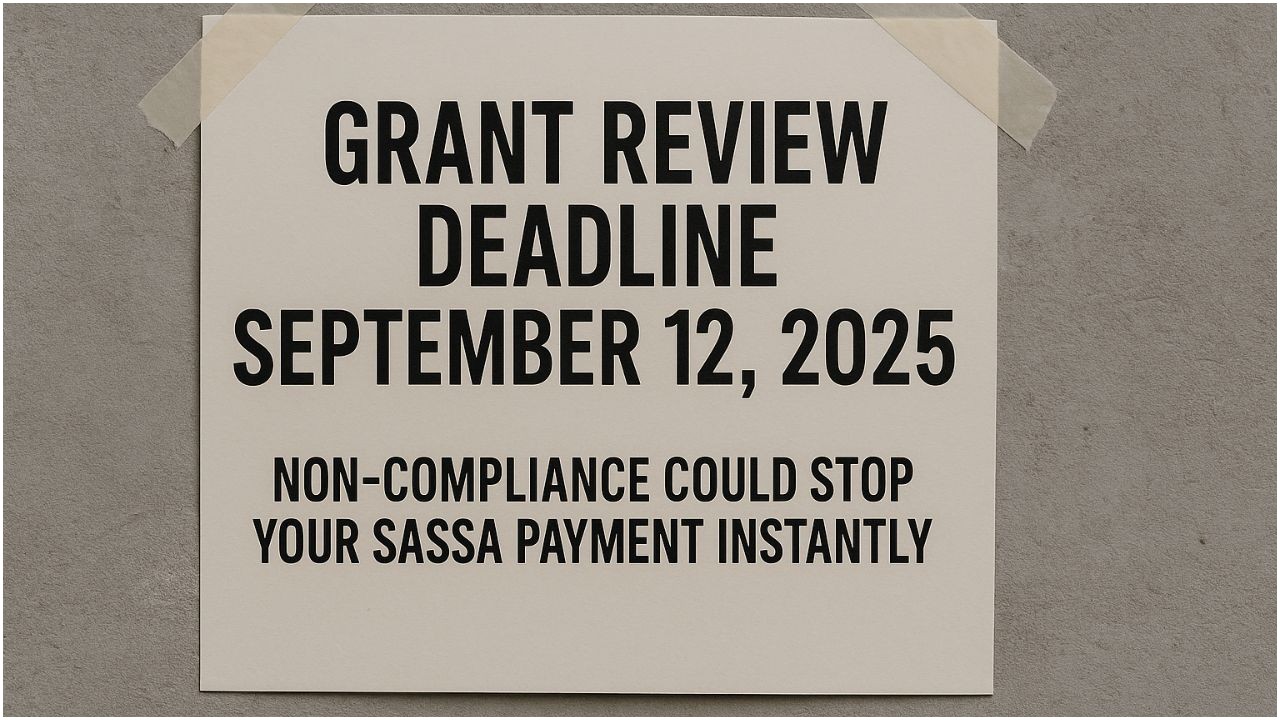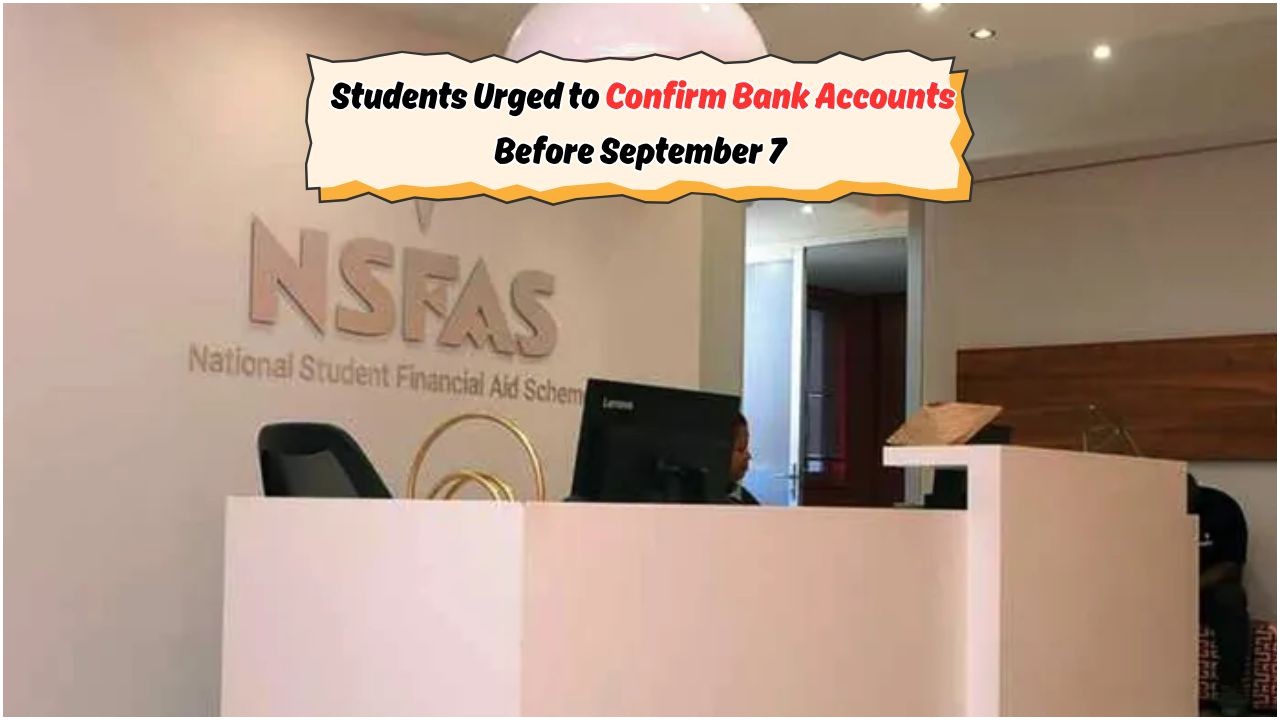Alert for SASSA Grant Holders: In recent times, there has been a surge in fraudulent activities targeting SASSA grant beneficiaries. These scams often involve criminals posing as officials who demand a registration fee from unsuspecting recipients. It’s crucial for all grant holders to be vigilant and protect themselves from these deceptive practices. The South African Social Security Agency (SASSA) has reiterated that no fees are required to access grants, and any demand for payment is a red flag. Understanding these scams and knowing how to respond is the first step in safeguarding your financial well-being.
Understanding SASSA Grant Fraudulent Practices
Fraudsters are continually devising new methods to exploit SASSA grant holders. Their tactics often include making phone calls or sending SMS messages that claim to be from SASSA, demanding payment for processing or registration fees. These scams are not only illegal but also prey on vulnerable individuals who rely on these grants for their basic needs. SASSA has confirmed that no official will ever ask for money to facilitate the grant process.
- Always verify the identity of anyone claiming to be a SASSA official.
- Never disclose personal or banking information over the phone.
- Report suspicious activities to SASSA immediately.
- Educate friends and family about these scams to spread awareness.
- Use official SASSA communication channels for updates.
How to Recognize a Scam
Recognizing a scam before it affects you is key. Fraudsters often use specific tactics to trick grant holders into compliance. They may use official-looking emails or letters, complete with logos and fake signatures, to appear legitimate. Additionally, they might threaten legal action if the supposed fees are not paid promptly. It’s important to remember that SASSA will never use such tactics, and any communication that does should be treated with suspicion.
| Scam Type | Method | Warning Signs | Action |
|---|---|---|---|
| Phone Call | Requesting fees | Unfamiliar number | Hang up immediately |
| SMS | Payment link | Non-official sender | Do not click the link |
| Fake invoices | Grammar errors | Delete immediately |
Protecting Yourself from SASSA Scams
Taking proactive steps can safeguard your financial support. Educating yourself and others about the common characteristics of scams can significantly reduce your risk. Fraudsters often target communities that might lack digital literacy, so community leaders and educators should make it a priority to inform and protect their constituents.
- Stay informed: Regularly check the official SASSA website for updates.
- Be skeptical: Question the legitimacy of any unsolicited communication.
- Seek verification: Contact SASSA directly using official numbers to verify the information.
- Educate others: Share information within your community to prevent others from falling victim.
- Maintain caution: Keep personal information secure and private.
What to Do if You’ve Been Targeted
If you suspect that you’ve been targeted by a scam, it’s important to act quickly. Reporting the incident to SASSA can help prevent others from becoming victims. Additionally, if you have shared any personal information, consider contacting your bank or financial institution to safeguard your accounts.
| Action | Details | Outcome |
|---|---|---|
| Report to SASSA | Via hotline or email | Investigation initiated |
| Contact bank | Freeze accounts if needed | Secure funds |
| Change passwords | For online accounts | Enhanced security |
Community Support in Combating Fraud
Community involvement plays a vital role in preventing and combating fraud. By working together, community members can create a network of vigilance and support. This includes organizing informational sessions, distributing pamphlets, and setting up local watch groups to report suspicious activities.
- Organize workshops: Educate on digital literacy and scam recognition.
- Share resources: Use social media to spread awareness.
- Stay connected: Form a local group for real-time updates.
- Collaborate with authorities: Work with local police to enhance security measures.
- Document incidents: Keep records of any suspicious communications.
Leveraging Technology for Protection
Technology can be a powerful ally in the fight against fraud. Utilize tools such as caller ID apps to identify spam calls and install reliable antivirus software to protect against phishing attacks. Additionally, social media platforms can be used to educate and inform a broader audience about current scams.
- Install security software: Protect your devices from malware.
- Use caller ID: Screen unknown numbers.
- Follow trusted pages: For updates on scams.
- Utilize privacy settings: Keep your online information secure.
FAQ Section
| Question | Answer |
|---|---|
| Is it true that SASSA charges a registration fee? | No, SASSA does not charge any registration fees. |
| What should I do if I receive a suspicious phone call? | Hang up immediately and report the number to SASSA. |
| How can I verify communication from SASSA? | Contact SASSA directly using official communication channels. |
| What information should I never share? | Do not share your ID number, banking details, or any personal information. |
How can SASSA grant holders safeguard against fraudulent registration fee scams?
Stay vigilant, never pay registration fees, report any suspicious activity immediately.
What are common tactics used in fraudulent registration fee scams targeting SASSA grant holders?
 Johannesburg Water Crisis: Pipe Collapse Sparks Urgent Tanker Response, But Shortages Persist!
Johannesburg Water Crisis: Pipe Collapse Sparks Urgent Tanker Response, But Shortages Persist!
Impersonation, false promises, and urgency to pay fees.








